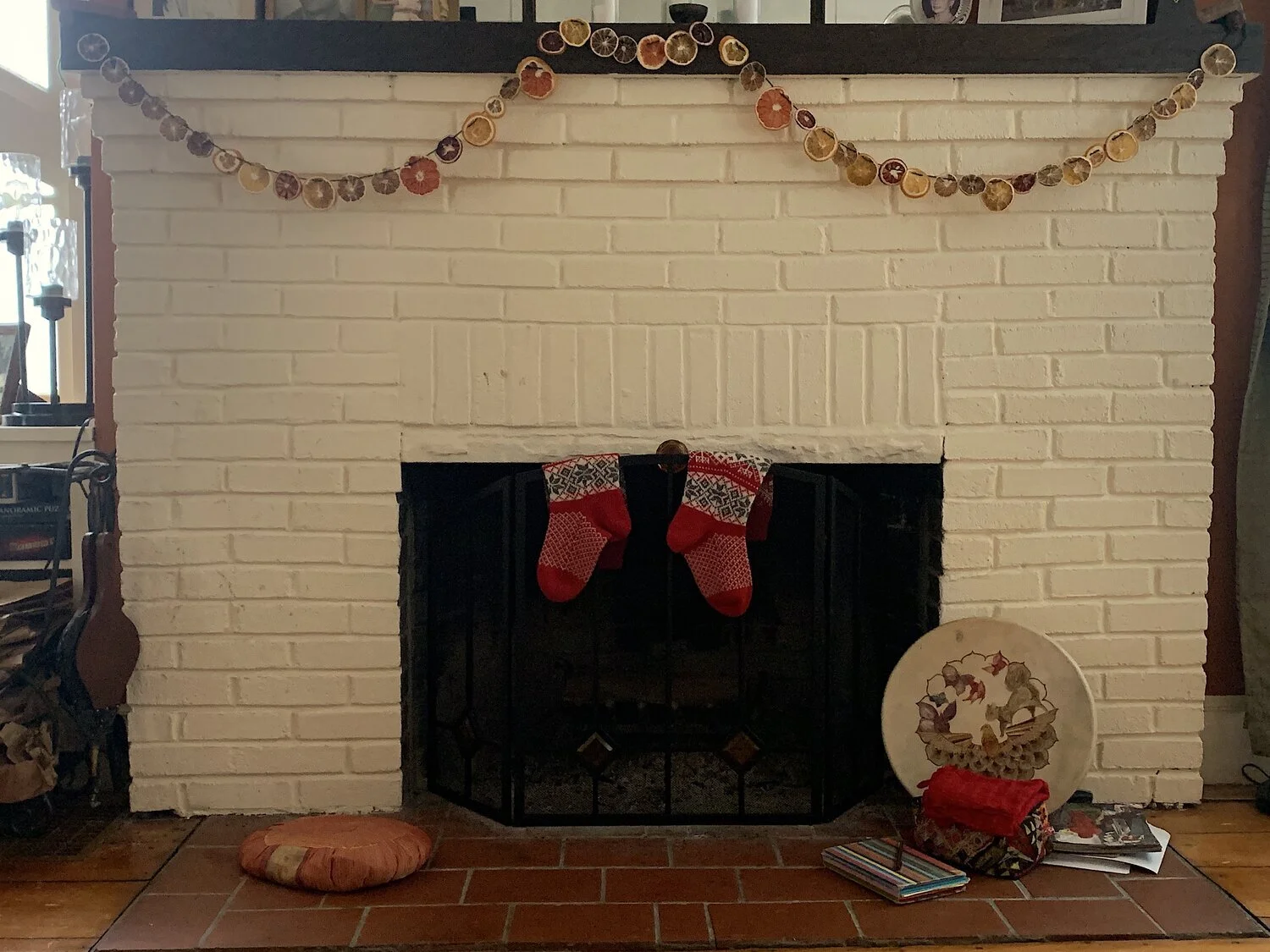I’ve been thinking a lot about being in a paradox lately.
On one hand, I feel the weight of what’s happening around us. The cruelty, the blatant disregard for human life and dignity, the dismantling of rights and protections—it’s hard to watch and live within. It’s enraging. And terrifying. Every day seems to bring a new headline, a new law, a new harm. This latest bill, like so many before it, will hurt people. Deeply.
And on the other hand, here I am on this tranquil farm, waking up early to tend sheep, planting seeds, cooking meals, and hosting beautiful farm dinners under the open sky. From the outside, it might look like I’ve retreated into some idyllic farm life. Like I’ve chosen to turn away from the world’s pain and just focus on my own small patch of earth.
But here’s the truth: I feel all of it. And this farm isn’t my escape as much as it’s my way of holding on. It is my way of choosing to stay connected—to life, to care, to something bigger than the chaos and cruelty of the moment.
Every single day on this farm, I dance within the tension between the pressure of urgency and the pull toward slowing down. Part of me feels like time is running out—that there’s too much to do, and I’m not doing enough fast enough. But most of me knows, deep in my bones, that slowing down is exactly what’s needed right now. That tending—with patience, with devotion, with care—is a radical act in a world that’s speeding toward destruction.
This farm is my act of defiance. What I mean by that is that every day, I deliberately choose a different way of being than our societal norm.
🌟 I choose to move slowly when everything around me screams for speed.
🌟 I choose to create by hand amongst a world racing towards more automation.
🌟 I choose to care deeply when apathy and cruelty are the norm.
🌟 I choose to listen to the land, the animals, the seasons, opening myself to their gifts—when most systems are built to dominate and extract.
I grow heirloom seeds that have been saved for generations, passed down by people who knew that saving a seed was an act of hope. I raise animals with as much respect as I can for their instincts, their needs, their natural rhythms rather than for efficiency or profit.
I invite people here not just to eat, but to remember—to remember that food doesn’t come from nowhere. That it’s the result of labor, of care, of deep relationship with soil and seasons and hands and hearts.
I do my best to model care here, in every small and large way I can. And not just for show—but because I know what happens when care is stripped from a society. You can see it playing out in our government, in our economy, in our neighborhoods. When care disappears, cruelty moves in fast.
I don’t always know what to say about politics or policies. I don’t post about every bill or every injustice—not because I don’t care, but because often I don’t know that more noise is what’s needed from me. What I do know is that care is needed. Desperately.
So I pour my care into this land. Into the animals. Into every vegetable I harvest and every meal I share. Into the folks who come here for dinners, to volunteer or visit. Into every moment of slow, steady tending.
I show up as much as I can for my neighbors and my friends when they need help. I speak up in the moments that call for it. I vote.
And still, my truest offering is this:
Listening instead of shouting.
Tending instead of tearing down.
Caring instead of turning away.
Because democracy doesn’t just live in voting booths or courtrooms. It also lives in how we show up for each other. In how we remember that we’re all connected—to the land, to each other, to every living being that we share this planet with.
And, that’s what I’ll be holding today, on Independence Day. Not fireworks or flags—but this quiet, stubborn, unwavering thread of care. This belief that tending, listening, and loving what’s alive is still a form of freedom—and maybe the most radical one we have left.
To focus on the world I want to create by prioritizing care is how I am navigating through this paradox of our time.

